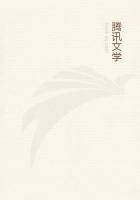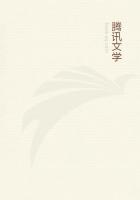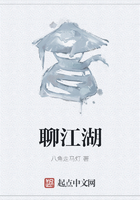Although it was found that this manuscript had been written earlier than Manuscript II, yet, being far more finished in form, it could be used with advantage for the corresponding part of this book. All that was needed was a few addenda from Manuscript II. The latter is the only somewhat complete elaboration of Book II and dates from the year 1870. The notes for the final editing, which I shall mention immediately, say explicitly: "The second elaboration must be used as the basis."There was another intermission after 1870, due mainly to Marx's ill health. Marx employed this time in his customary way, by studying agronomics, rural relations in America and, especially, Russia, the money-market and banking, and finally natural sciences such as geology and physiology. Independent mathematical studies also figure prominently in the numerous extract notebooks of this period. In the beginning of 1877 he had recovered sufficiently to resume his main work. Dating back to the end of March 1877 there are references and notes from the above-named four manuscripts intended as the basis of a new elaboration of Book II, the beginning of which is represented by Manuscript V (56 folio pages). It comprises the first four chapters and is still little worked out. Essential points are treated in footnotes.
The material is rather collected than sifted, but it is the last complete presentation of this, the most important section of Part I.
A first attempt to prepare from it a manuscript ready for press was made in Manuscript VI ( after October 1877 and before July 1878), embracing only 17 quarto pages, the greater part of the first chapter.
A second and last attempt was made in Manuscript VII, "July 2, 1878," only 7 folio pages.
About this time Marx seems to have realised that be would never be able to finish the elaboration of the second and third books in a manner satisfactory to himself unless a complete revolution in his health took place. Indeed, manuscripts V-VIII show far too frequent traces of an intense struggle against depressing ill health. The most difficult bit of Part I had been worked over in Manuscript V. The remainder of Part I and all of Part II, with the exception of Chapter XVII, presented no great theoretical difficulties.
But Part III, dealing with the reproduction and circulation of social capital, seemed to him to be very much in need of revision; for Manuscript II had first treated reproduction without taking into consideration money-circulation, which is instrumental in effecting it, and then gone over the same question again, but with money-circulation taken into account. This was to be eliminated and the whole part to be reconstructed in such a way as to conform to the author's enlarged horizon. Thus Manuscript VIII came into existence, a notebook containing only 70 quarto pages. But the vast amount of matter Marx was able to compress into this space is clearly demonstrated on comparing that manuscript with Part III, in print, after leaving out the pieces inserted from Manuscript II.
This manuscript is likewise merely a preliminary treatment of the subject, its main object having been to ascertain and develop the points of view newly acquired in comparison with Manuscript II, with those points ignored about which there was nothing new to say. An essential portion of Chapter XVII, Part II, which anyhow is more or less relevant to Part III, was once more reworked and expanded. The logical sequence is frequently interrupted, the treatment of the subject gappy in places and very fragmentary, especially the conclusion. But what Marx intended to say on the subject is said there, somehow or other.
This is the material for Book II, out of which I was supposed "to make something, " as Marx remarked to his daughter Eleanor shortly before his death. I have construed this task in its narrowest meaning. So far as this was at all possible, I have confined my work to the mere selection of a text from the available variants. I always based my work on the last available edited manuscript, comparing this with the preceding ones. Only the first and third parts offered any real difficulties, i.e., of more than a mere technical nature, and these were indeed considerable. I have endeavoured to solve them exclusively in the spirit of the author.
I have translated quotations in the text whenever they are cited in confirmation of facts or when, as in passages from Adam Smith, the original is available to everyone who wants to go thoroughly into the matter. This was impossible only in Chapter X, because there it is precisely the English test that is criticised.
The quotations from Book I are paged according to its second edition, the last one to appear in Marx's lifetime.
For Book III, only the following materials are available, apart from the first elaboration in manuscript form of Zur Kritik , from the above-mentioned parts of Manuscript III, and from a few occasional short notes scattered through various extract notebooks: The folio manuscript of 1864-65, referred to previously, which is about as fully worked out as Manuscript II of Book II; furthermore, a notebook dated 1875: The Relation of the Rate of Surplus-Value to the Rate of Profit, which treats the subject mathematically (in equations). The preparation of this Book for publication is proceeding rapidly. So far as I am able to judge up to now, it will present mainly technical difficulties, with the exception of a few but very important sections.
I consider this an opportune place to refute a certain charge which has been raised against Marx, first in only whispers, sporadically, but more recently, after his death, proclaimed an established fact by German Socialists of the Chair and of the State and by their hangers-on. It is claimed that Marx plagiarised the work of Rodbertus. I have already stated elsewhere [1] what was most urgent in this regard, but not until now have I been able to adduce conclusive proof.

